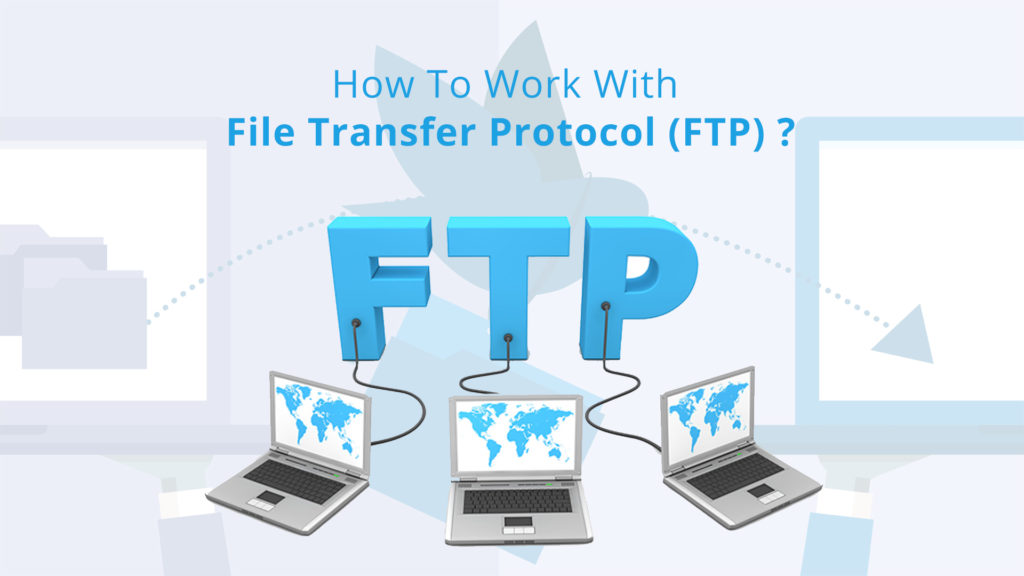As the reliance on digital devices continues to grow, the need for optimising PC performance while maintaining high levels of security has become increasingly paramount. In our fast-paced world where efficiency is key, individuals and organisations alike are constantly seeking ways to enhance their computer’s speed and functionality without compromising data integrity or risking cyber threats. Explore various strategies and best practices for maximising your PC’s performance while ensuring robust security measures are in place. From implementing strong encryption protocols to streamlining system processes, delve into the intricacies of bolstering your computer’s capabilities safely and securely.
Achieving Optimal Performance with Complete Protection
To achieve optimal performance with complete pc protection, it is essential to strike a delicate balance between system maintenance and comprehensive security features. Neglecting either aspect can leave your computer vulnerable to cyber-attacks or sluggish performance. Regularly maintaining your system through tasks such as disk cleanup, software updates, and defragmentation can improve overall efficiency while reducing the risk of malware infections or data breaches.
Additionally, incorporating robust security measures into your PC’s infrastructure is crucial for safeguarding sensitive information and keeping intruders at bay. This includes installing reputable antivirus software, enabling firewall protection, setting up secure passwords, and encrypting important files to prevent unauthorised access. By implementing these proactive security practices alongside routine maintenance checks, you can enjoy enhanced speed and functionality without compromising data integrity or risking potential cyber threats.
Achieving the perfect balance between system optimisation and strong cybersecurity measures requires a strategic approach that prioritises both aspects equally. By monitoring your computer’s performance metrics while investing in cutting-edge security solutions, you can create a seamless computing experience that maximises productivity while ensuring peace of mind against potential digital hazards. Remember that prevention is always preferable to remediation when protecting your valuable digital assets from harm.
The Intersection of Password Security and System Efficiency
Ensuring strong password security is crucial to maintaining a secure computer system. Passwords are often the first defence against unauthorised access, and weak passwords can leave systems vulnerable to attacks. Individuals and organisations need to use complex, unique passwords that are difficult for hackers to guess or crack. Additionally, implementing multi-factor authentication can provide an extra layer of security by requiring users to verify their identity through multiple methods.
However, it is also important to consider how password security measures impact system efficiency. Complex passwords and additional layers of authentication may slow down the login process or require additional time and resources for users to authenticate themselves. Finding the right balance between strong security measures and efficient system usability is key in optimising PC performance while ensuring data integrity and protection from cyber threats.
By carefully evaluating the intersection of password security and system efficiency, individuals and organisations can implement strategies that enhance their computer’s speed and functionality without compromising on security. This may involve leveraging technology solutions such as password managers or biometric authentication tools and educating users on best practices for creating secure passwords. Ultimately, a proactive approach to password security can help mitigate risks while improving overall system performance in an increasingly digital-centric world.
Leveraging Antivirus for Smooth Operation
One effective strategy for optimising PC performance while ensuring security is to leverage antivirus software. Antivirus programs are designed to detect and eliminate malicious software, such as viruses, malware, and spyware, that can compromise the integrity of your data and slow down your computer’s performance. By regularly updating your antivirus software and running scans regularly, you can proactively protect your system from potential threats without sacrificing speed or functionality.
In addition to installing antivirus software, it is crucial to practice safe browsing habits and exercise caution when downloading files or clicking on links. Many cyber threats are distributed through deceptive email attachments or fraudulent websites, so being vigilant about what you click on can help prevent malware infections that could negatively impact your PC’s performance. By combining antivirus software with responsible internet usage practices, you can ensure that your computer operates smoothly while remaining secure against evolving cybersecurity threats.
Overall, by leveraging antivirus software alongside safe browsing habits, individuals and organisations can enhance their PC performance while maintaining robust security measures. With the constant evolution of technology and increasing sophistication of cyber threats, prioritising both speed and data protection is essential in today’s digital landscape. By implementing these strategies effectively, users can enjoy a seamless computing experience without compromising the safety of their personal information or sensitive data.

